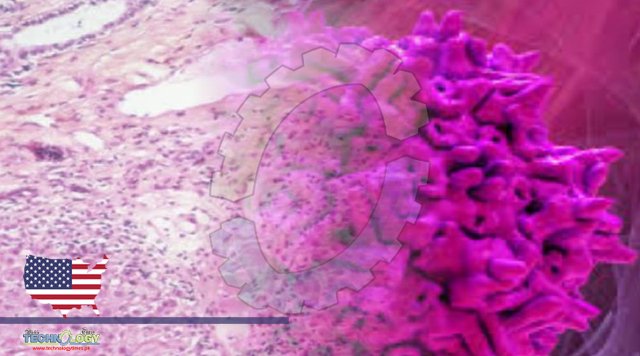Some of the children were infected with adeno-associated virus 2 and shared a relatively uncommon gene variant, according to two small studies

A complex combination of factors could be responsible for the pediatric hepatitis cases that have been puzzling doctors in recent months, according to two small, new studies. The studies are based on just a few dozen cases and have not yet been peer-reviewed or published in scientific journals. Still, they suggest that the children who have developed severe, unexplained cases of liver inflammation may have been simultaneously infected with two different viruses, including one known as adeno-associated virus 2 (A.A.V.2), a typically benign virus that requires a second “helper” virus in order to replicate.
Adenoviruses, which have previously been found in many of the children with the mysterious hepatitis reported within the last year, are common helper viruses for A.A.V.2. Many of the children studied also had a relatively uncommon version of a gene that plays an important role in the immune response, the scientists found. Together, the findings suggest a possible explanation for the hepatitis cases: In a small subset of children with this particular gene variant, dual infections with A.A.V.2. and a helper virus, often an adenovirus, trigger an abnormal immune response that damages the liver. Still, the researchers acknowledged that the studies are based on a small number of children in just one region of the world (the United Kingdom) and that a causal link had not been proven.
Gene Variant , “There’s a lot that we still don’t know,” said Dr. Antonia Ho, a clinical senior lecturer at the MRC-University of Glasgow Centre for Virus Research and an author of one of the new studies. But, she added: “We felt — because there’s been very little in the way of answers of what are the causes — that we needed to release these findings so that other people can start looking for A.A.V.2. and investigate this in more detail.” The findings are intriguing but preliminary, said Dr. Saul Karpen, a pediatric hepatologist at Emory University and Children’s Healthcare of Atlanta, who was not involved in the research. “This is not a definitive study,” he said. “Thematically, it certainly can make sense, but there is not full support for it.”
Source: This news is originally published by nytimes